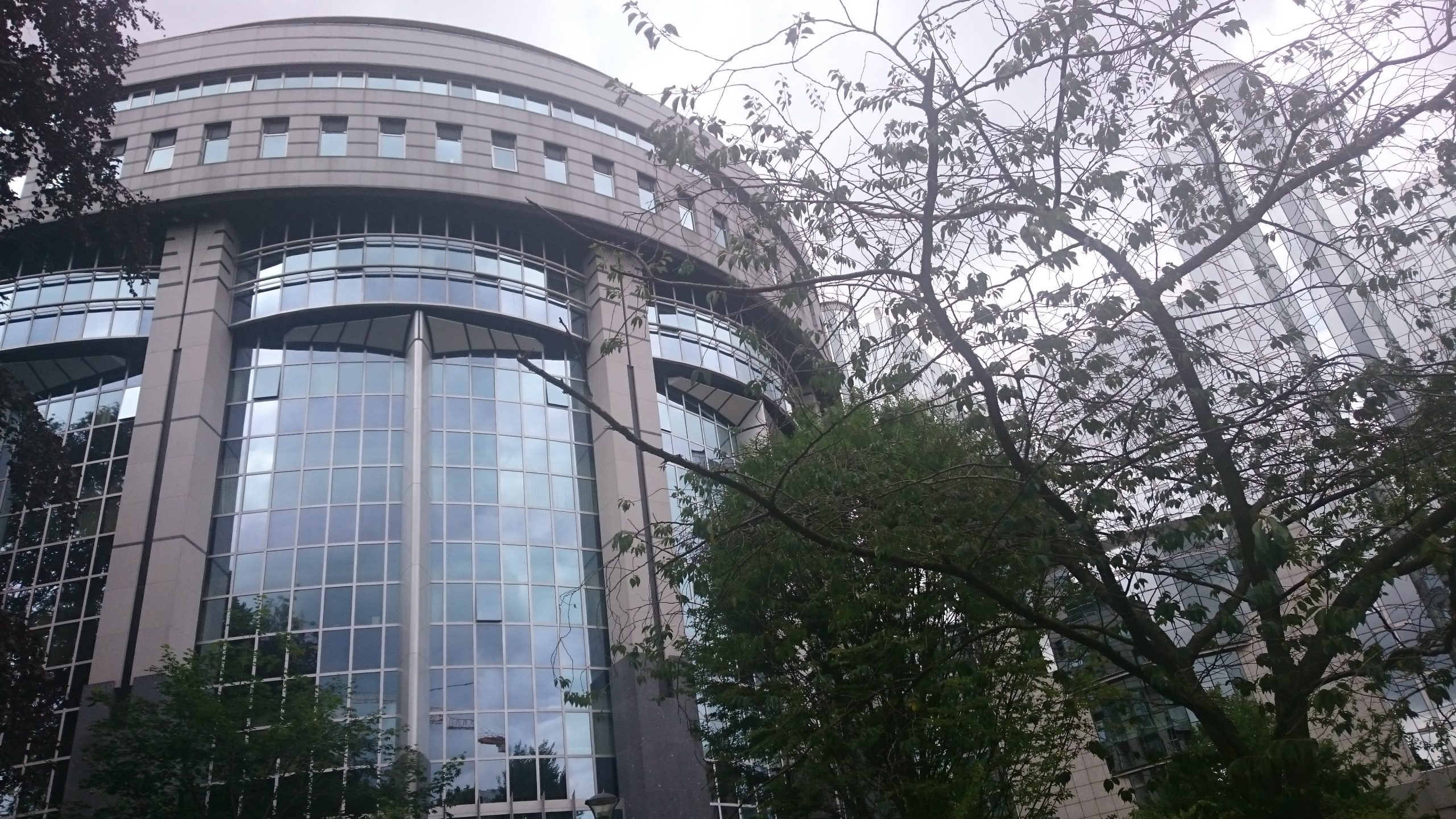- Version
- Download
- File Size 189.93 KB
- File Count 1
- Create Date 1 February 2021
- Last Updated 1 February 2021
ECN Press release 01/02/2021: EP ENVI Report on CEAP
Circular Economy should help to save organics in soil – says the European Parliament
On Wednesday 27 January, ENVI Committee of the European Parliament adopted an own-initiative report on the New Circular Economy Action Plan calling on the European Commission to support farmers to replace mineral fertilizers with compost and digestate.
The European Compost Network welcomes the positive vote of the ENVI Committee on its own initiative report on the New Circular Economy Action Plan. The ECN supports the report’s recommendations help agriculture farmers to replace mineral fertilizers with organic soil improvers such as compost and digestate and save organics in soil.
“We have to create a level playing field” said MEP Jan Huitema Rapporteur of the ENVI Committee “or we even have to give a plus to secondary raw materials so to reward their use”. The circular economy is not only a key model to protect the environment and reduce pollution of air, water and soil. It also allows countries to be less dependent on imports of raw materials and it reduces the huge greenhouse gas emissions associated with their mining and shipping.
An own-initiative report of the European Parliament is not legally binding but is a very useful indicator of the European Parliament’s priorities and concerns and it contains official calls on the European Commission to take action. In February (08/02), the European Parliament Plenary will vote on the report adopted last week by the ENVI Committee.
Protecting environment and ecosystems with high quality recycled organic compost and digestate
The ECN is the leading voice of the sustainable bio-waste management in Brussels and it offers unique insights to policymakers and stakeholders on the actual and projected capacity of biological recycling 2030. “Living well, within the limits of our planet” is the vision of the ECN. Separate collection, coupled with citizen awareness and participation, recycling and certified high-quality compost and digestate are recognised as paramount solutions in the circular economy of the European Green Deal.
2021 and 2022 are two crucial years to give real shape to the principles and objective outlined in the Communication of the European Commission on the European Green Deal. The European Commission is expected to table very important proposals to amend the current rules on emissions from the land use sector and introduce new binding target on biodiversity and ecosystems. It will also propose new strategies for soil health and fertility, and for zero pollution in the environment; it will also attend the negotiations between the European Parliament and the Council on the new Common Agricultural Policy.
The own initiative report clearly highlights that soil health, separate collection, recycling and resource efficiency must be addressed in these proposals. It recognizes compost use as a building block to enhance soil health. The European Commission is called to give shape to these recommendations in the next years.
The statement of the rapporteur MEP Jan Huitema can be accessed here.
Attached Files
| File | |
|---|---|
| 1612189845wpdm_Press Release_EP ENVI Committee_Report on CEAP.pdf |

